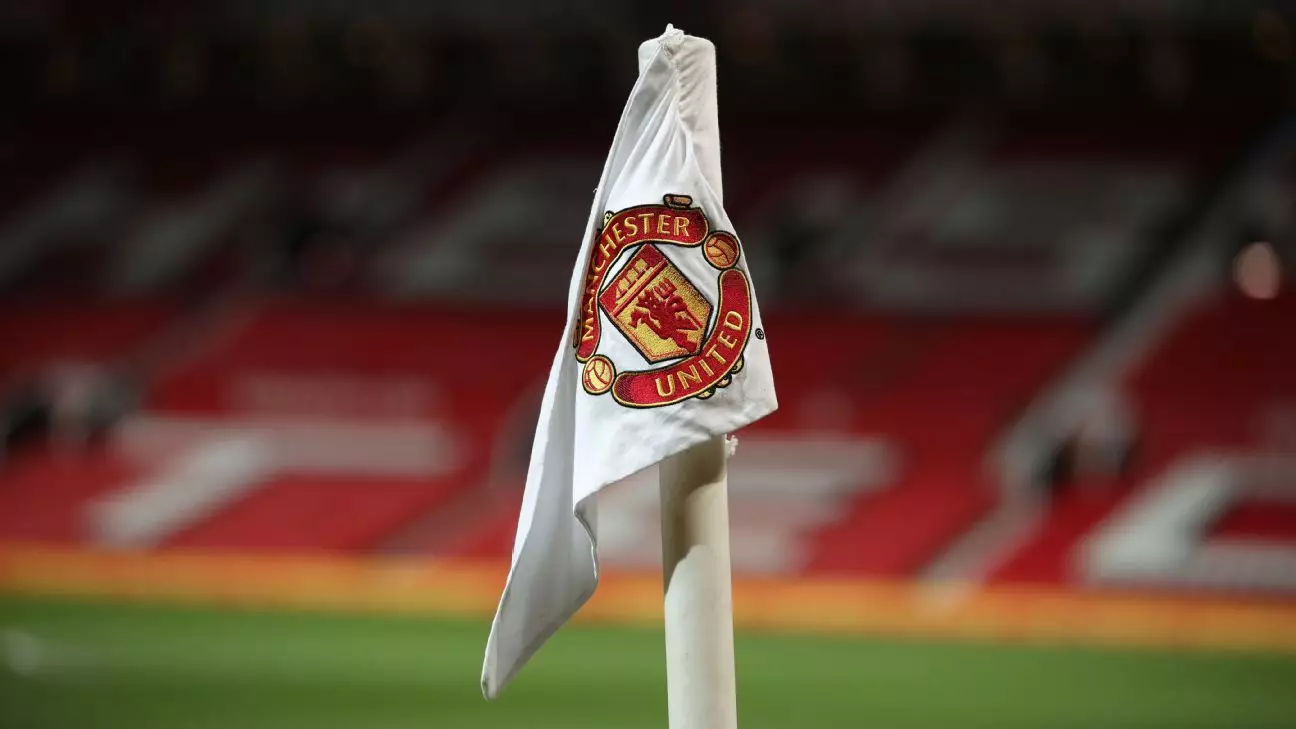Few football clubs evoke as much passion and loyalty as Manchester United. Yet, in the midst of fervent support, a troubling financial narrative is emerging. The recent announcement regarding ticket price increases, alongside the plans for an extravagant £2 billion stadium overhaul, has left many fans grappling with conflicting emotions. On one side, there’s the ambition to restore the club to its former glory; on the other, the specter of rising costs is casting a long shadow over the loyal fanbase that has supported the team through thick and thin.
A move to increase ticket prices by approximately 5% directly after unveiling grand plans for a stadium renovation raises eyebrows. It signals a club that is trying to balance financial obligations and leveraging fan support for capital investments. While the rationale may be grounded in the necessity to cover operational costs, it begs a larger question: at what point do commercial pursuits overshadow the commitment to the club’s fans?
Frozen Discounts versus Rising Costs
In an effort to address growing concerns over ticket prices, United has chosen to freeze tickets for children under 16, a welcome relief for families wanting to experience the thrill of live football together. However, the elimination of some senior ticket concessions snatches away a comfort that long-standing supporters have enjoyed, especially as many seniors live on fixed incomes. It stands as a testament to the club’s internal struggles: on one hand, an attempt to attract newer, younger fans; on the other, the neglect of traditional, loyal supporters who have championed the club for decades.
CEO Omar Berrada characterized the price adjustments as “fair and reasonable,” albeit a statement that may not resonate with fans reeling from significant price hikes in recent years. The idea that prices remain lower than a decade ago when adjusted for inflation might offer some solace, but it does little to address immediate financial strains for many fans. With prices at a staggering £66 per match in some cases, this latest increase feels out of touch amidst the club’s underperformance.
Profound Implications of Investment Decisions
The announcement of the new stadium, although grand in vision, exposes the vulnerability of the club’s financial health. Sir Jim Ratcliffe’s assertion that Manchester United would run out of money by Christmas without his investment is alarming. The drastic measures, including the redundancy of 450 staff members, raise serious concerns about how deeply these cuts will impact the club environment, the fans’ matchday experience—an aspect of football that extends far beyond the pitch.
Moreover, the conversion of some seats into hospitality tickets in order to drive revenue again highlights prioritization that many fans will consider misguided. While the quest for enhanced revenue streams is understandable, the symbolism of trading loyal supporters’ seats for corporate hospitality shines a light on a troubling trend: the commodification of football is becoming too pronounced.
Listening to the Fans: What they Want vs. What they Get
It is worth noting that the Manchester United Supporters Trust (MUST) had called for a complete freeze on ticket prices, emphasizing the need for sensitivity in this challenging period—especially given the club’s recent lack of competitive success. Yet, the club’s decision to raise prices instead reveals a stark disconnect between leadership and supporter sentiment.
Berrada’s comments about listening to the Fans Advisory Board can ring hollow, particularly when the rationale for price hikes is framed around financial sustainability. The strong arguments presented by the fans for a freeze reflect a desire for the club to recognize its community’s struggles, especially as costs continue to rise amid economic challenges not faced by everyone equally.
In summation, while Manchester United grapples with its future, fans are left to navigate a complex maze of rising costs and diminishing returns. Striking a balance between ambitious investment and maintaining an engaged, loyal community of supporters is critical for the club moving forward. The dynamics between financial imperatives and the emotional tapestry of support that defines the essence of Manchester United will ultimately dictate how the next chapter unfolds.

